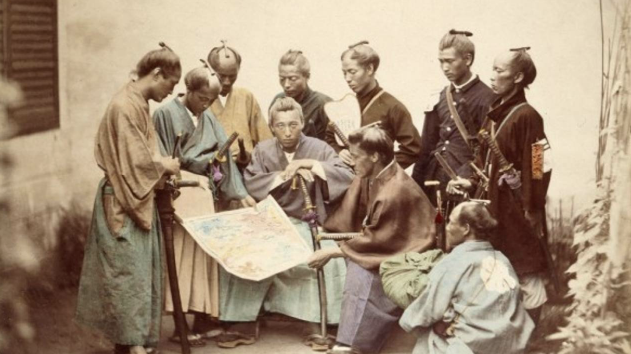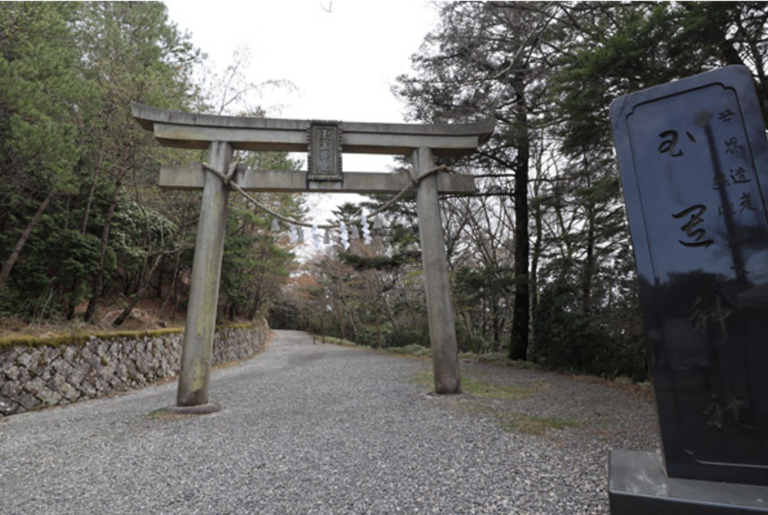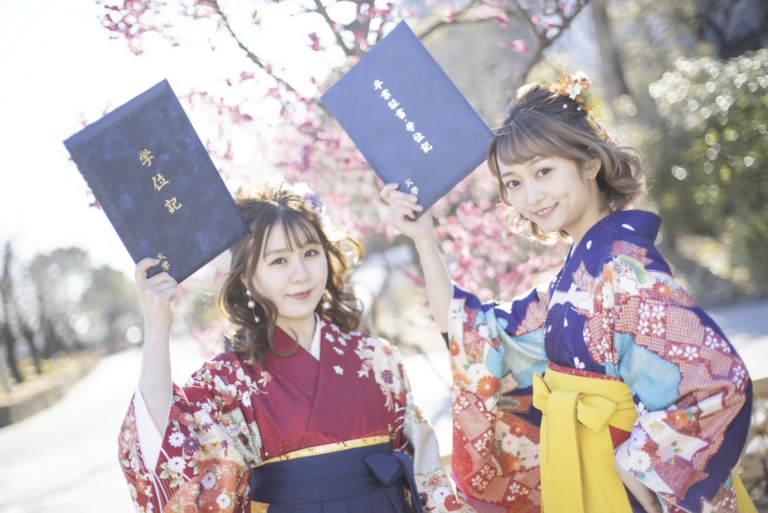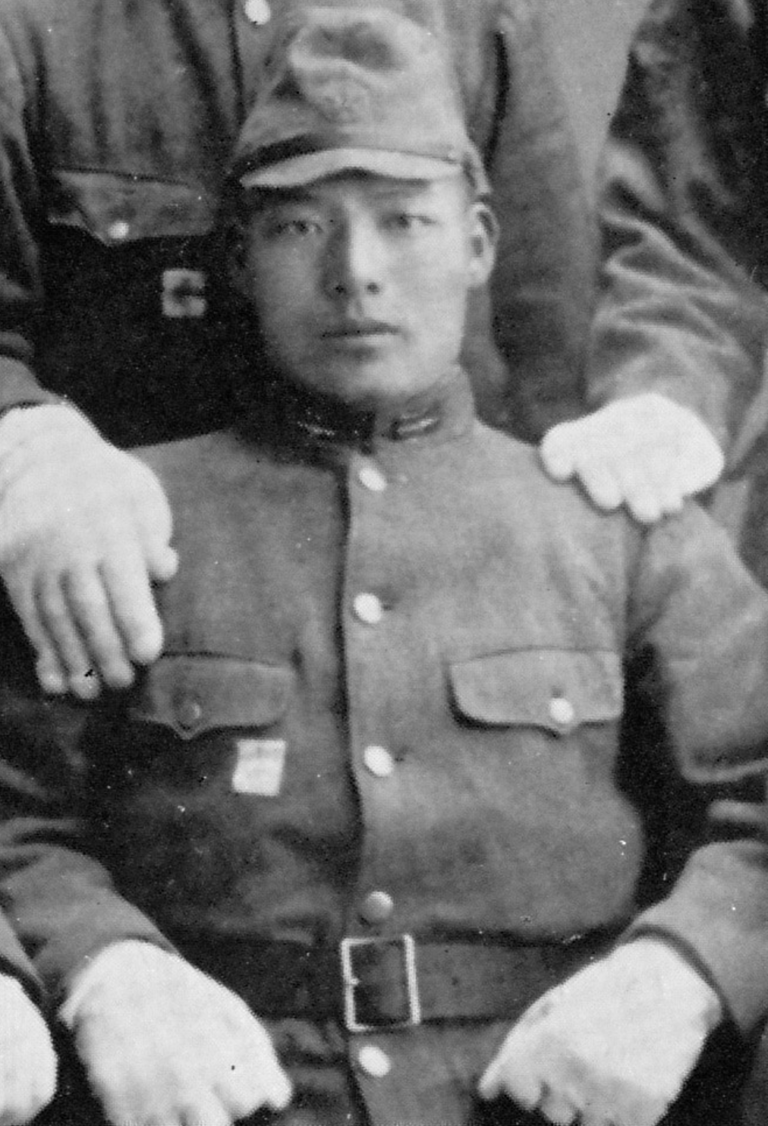The incomprehensible Japanese used by Japanese who cannot say “No”
I am different because I am a Japanese person who says “no” without hesitation, but there are many people who cannot say “no”.
Let me explain some very difficult Japanese words that Japanese people use. If you are having trouble learning the language, this will be essential for you.
結構です(“kekko desu”: I’m fine/No thank you)
When told about a recommendation at a restaurant for example, many people say “kekko desu”.
The original meaning of “kekko desu” is that “there is no problem”. However, this doesn’t tell you whether the person wants it or not, in other words, a “yes” or a “no”.
But this phrase is used to imply “no”. Besides restaurants, you will often hear the word in sales situations too.
今度 (“kondo”: next time)
“Kondo” means “next time”. You’re talking to a coworker or a college friend in a friendly manner and they say, “kondo, gohan ikō! (Let’s go out to eat next time). This is a word that even Japanese people do not truly understand the meaning of.
Sometimes it is used when you really want to go, and sometimes it is used because you don’t want to go but can’t refuse.
In such a case, try asking, “Okay, when do you want to go?”
If a specific date is fixed, it means the other person wants to meet, but if they say, “I’ll check my schedule first,” it means they don’t want to meet.
Japanese are troublesome, aren’t they?
Why don’t we just refuse clearly?
It’s simple just to respond with a “yes” or “no”, so why do we have to speak in such a complicated way? After all, if it is understood that you are refusing, you should say “no”, but giving a response that even Japanese people cannot decipher only complicates matters.
Yet, the reason why we continue talking in this way is not because we are afraid of the other person.
This way of communication arose from the idea that being too direct can hurt the person you are speaking to. It is said that Japanese is a language with very few words that ridicule others.
Japanese people have lived their lives avoiding the use of negative words that are too direct. And this culture continues to this day.
It may be a problem when dealing with foreigners or even in diplomacy. Still, if you acknowledge that the Japanese language was created from this thinking and can be complicated, it may be easier to communicate with Japanese people.
ABE KENGO








